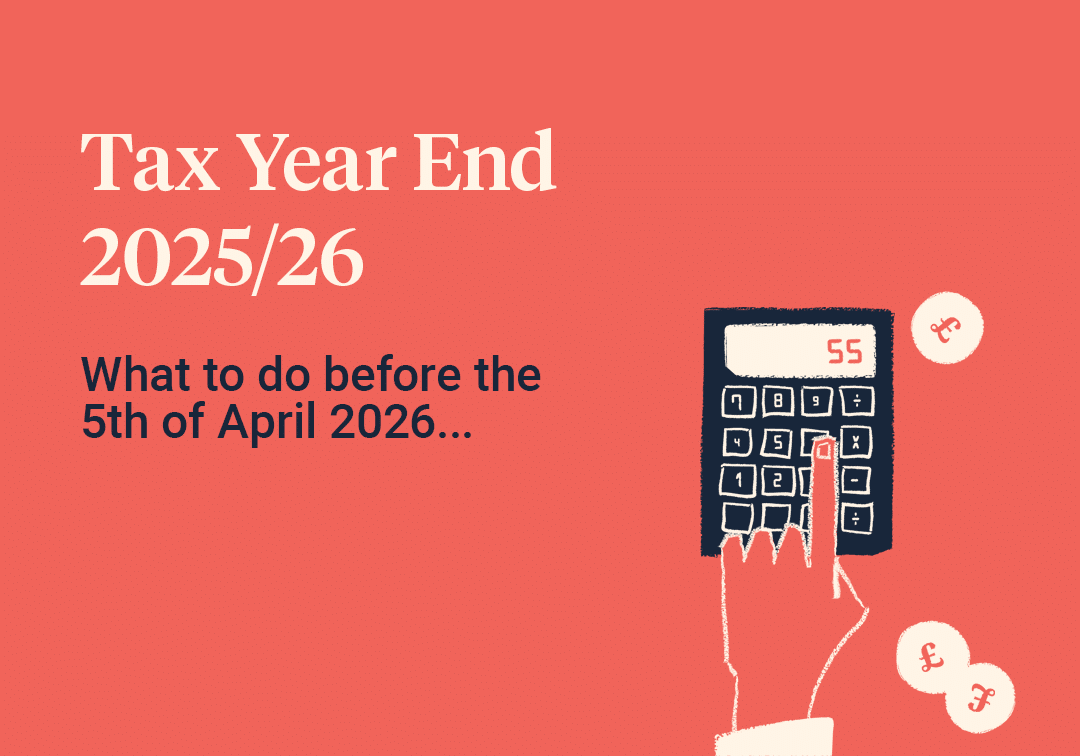The S&P 500 has fallen over 25% year-to-date and inflation is currently running at just over 9%. The Federal Reserve have also announced aggressive rate rises, clearly signalling that they intend to focus on reducing inflation, despite possibly igniting a recession. As a result, analysts are now predicting that there is a one in three chance of a recession in developed economies over the next 12 months. Investment markets have moved well ahead of this though, and we’ve already seen significant falls in risk assets. Apart from some alternatives and commodities, very few asset classes have escaped.
What does this mean for your retirement planning?
If you’re still accumulating towards retirement, the current environment could present a significant and rare opportunity to take advantage of the low asset prices available. It’s essentially like there is a global sale on. If you are just on the cusp of retirement though, you may be deeply concerned by your portfolio’s fall in value. So, if you were planning to start drawing on your investments and retire in due course, what can you do and what are your options?
Don’t panic and move to cash
Now is not the time to panic. Possibly the worst thing you could do right now would be to ‘pull the cord’ and move your investments to cash. All you will be doing is realising your losses. Unless you can time the bottom of the market perfectly, which is almost impossible, you will simply miss out on a recovery. Remember, this money needs to last you perhaps 30 or 40 years so keeping it invested will give you the best chance of long-term success.
Timing your retirement
The unfortunate reality is that the timing of your retirement often has the greatest impact on how long your money will last. The impact of annual compounding is significant – time really is everything. If you don’t absolutely need to retire right now then, you could just hold on a little longer.
Market corrections, which are falls in excess of 10%, happen around once every two years. They are fairly ‘normal’ events and most corrections recover in as little as four months. Since the end of World War II, there have also been 14 bear markets though where losses exceed 20%. Many have recovered within a year, with an average recovery period of 14.5 months and absolutely all of them have fully recovered within two years. As such, whilst waiting a little longer to retire might not sound ideal, you most likely won’t have to wait too long.
Retirement also doesn’t need to represent an abrupt end to your working life. You could decide to phase into retirement more slowly than planned by reducing the number of days you work. This would at least allow you to maintain some income and reduce the pressure on your investments.
Use cash reserves
Inflation is going to erode the purchasing power of your cash so it’s preferable to spend your cash reserves first. If you happen to have enough cash savings available, you could draw from this instead of your investments over the next year or so. This should provide some time to allow your portfolio to recover. It is important to ensure you also have enough to maintain your emergency buffer though.
If you have a defined benefit (DB) scheme, you could possibly opt to take a cash lump sum to support your near-term spending needs. However, this will reduce the long-term income it will provide so you should test the affordability of this option with your adviser. It’s also worth noting that you can’t take the lump sum in isolation so this might only apply if you are also ready to take regular income from your DB scheme.
Of course, if you were happy to delay your retirement slightly, investing your cash reserves in the current environment, could have a substantially beneficial impact on your long-term wealth.
If you have no option but to draw on your portfolio, perhaps just make sure it’s small and regular amounts rather than large lump sums.
Do you need help with your retirement planning?
Our specialists can help you prepare for retirement and provide ongoing advice once retirement has arrived. Get in touch to discuss how we can help you.

Take DB scheme benefits earlier than planned
If you are lucky enough to have defined benefit pensions as part of your assets, you could also take the income benefits earlier than you planned. This might soften the financial impact of recession as you can delay drawing on your other investments. DB pensions are also typically index linked so the income could increase at a welcome rate. Again though, as you’ll be taking the income for longer, and. Consider this option with care and take advice if it’s something you’re considering.
Downsize early
If downsizing your property is already a clear part of your plan, you might consider accelerating this process. The housing market has taken off recently but, with interest rates rising and a possible recession on the horizon, it might well start to cool off. You might argue that this approach is simply trying to ‘time’ the housing market. However, if downsizing was in the plan any way, there’s probably little harm in bringing this forward slightly to help build up your reserves.
Professional Investment Management
If you aren’t already working with a professional manager, the reality is that simply holding an equity only tracker is unlikely to be appropriate as you approach retirement. As you become more reliant on your investments, ensuring your investment risk is commensurate to your needs and managing volatility will be vital in your overall success. An important part of achieving this may be down to the instruments professional teams have access to. Convertible bonds, for example, can be a good half-way house between bonds and equities. They offer the potential growth of equities but often without the severe downside. Private equity also provides great return potentials due to the riskier nature of the investments. As they aren’t traded on public markets though, they typically don’t fall in the same way as public equity. Similarly, hedged strategies that trade interest rates and currencies are providing interesting opportunity and protection in the current environment. These alternative strategies are unlikely to be used by an everyday investor. They probably won’t have the ability to recognise when using these instruments is appropriate, as they all come with associated risk. However, these strategies could be the difference between your portfolio falling maybe 7% or 8% rather than over 20% if implemented correctly.
Overall, then, my lasting message for you is not to panic. Reflect carefully with your adviser on how market falls might impact the decisions you’re making around retirement. Refresh your cashflow plan and apply some considered and practical steps to soften the blow. Don’t forget, if history is anything to go by, we won’t be here for that long.
Do you need help with your retirement planning?
Our specialists can help you prepare for retirement and provide ongoing advice once retirement has arrived. Get in touch to discuss how we can help you.

Article sources
Editorial policy
All authors have considerable industry expertise and specific knowledge on any given topic. All pieces are reviewed by an additional qualified financial specialist to ensure objectivity and accuracy to the best of our ability. All reviewer’s qualifications are from leading industry bodies. Where possible we use primary sources to support our work. These can include white papers, government sources and data, original reports and interviews or articles from other industry experts. We also reference research from other reputable financial planning and investment management firms where appropriate.
Saltus Financial Planning Ltd is authorised and regulated by the Financial Conduct Authority. Information is correct to the best of our understanding as at the date of publication. Nothing within this content is intended as, or can be relied upon, as financial advice. Capital is at risk. You may get back less than you invested. Tax rules may change and the value of tax reliefs depends on your individual circumstances.
About Saltus?
Find out more about our award-winning wealth management services…
Shortlisted
Wealth Management Company of the Year (£10bn+ AUM)
Nominated
Good Money Guide Investment Awards 2026
Winner
Top 100 Financial Advisers
Winner
Best Wealth Manager
£10.5bn+
assets under advice
20
years working with clients
450+
employees
97%
client retention rate




